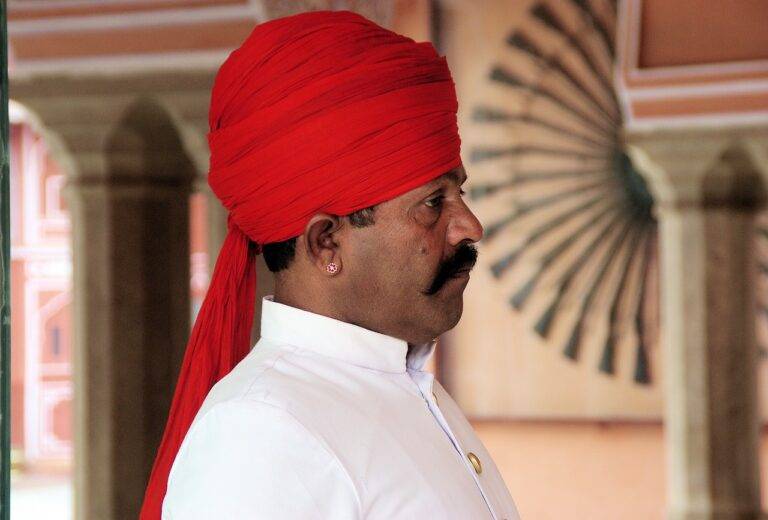Understanding the Role of Political Satire in Shaping Public Discourse
Political satire has played a significant role in shaping the course of history. Through humor and wit, satirists have critiqued and highlighted the follies and injustices of political figures and systems. By using parody, irony, and exaggeration, political satire has provided a platform for dissent and a means of holding those in power accountable for their actions.
Throughout the ages, political satire has been utilized as a tool for social commentary and criticism. Satirical works have exposed corruption, hypocrisy, and incompetence within governments, sparking discussions and promoting change. From ancient civilizations to modern societies, satirists have served as watchdogs, using their comedic talents to challenge authority and provoke thought among the masses.
Evolution of Political Satire
Political satire has a rich and varied history that dates back centuries. From ancient Greek playwrights like Aristophanes to English satirists such as Jonathan Swift and William Hogarth, humor has long been used as a tool to criticize and lampoon political figures and institutions. As society and politics evolved, so too did the strategies and techniques employed in political satire.
With the rise of mass media in the 20th century, political satire found new avenues for expression through newspapers, radio, television, and eventually the internet. Comedians like Jon Stewart, Stephen Colbert, and John Oliver have used their platforms to skewer politicians and expose the absurdities of the political landscape. The blending of humor and commentary has become a potent form of social and political critique, reaching audiences far and wide.
What is the role of political satire in history?
Political satire has played a crucial role throughout history in critiquing and challenging political systems, leaders, and ideologies. It has often served as a form of social commentary and a way to hold those in power accountable.
How has political satire evolved over time?
Political satire has evolved to adapt to changing mediums and audiences. From traditional forms like political cartoons and satirical plays to modern forms like late-night comedy shows and social media memes, satire continues to be a powerful tool for critiquing politics.
Can political satire influence public opinion?
Yes, political satire has the ability to influence public opinion by highlighting issues, exposing hypocrisy, and providing alternative perspectives on political events. Satirical content can shape public perception and spark conversations about important political topics.
What impact does political satire have on society?
Political satire can have a variety of impacts on society, including sparking debate, encouraging critical thinking, and holding those in power accountable. Satire can also provide a form of catharsis for individuals frustrated with the political status quo.





